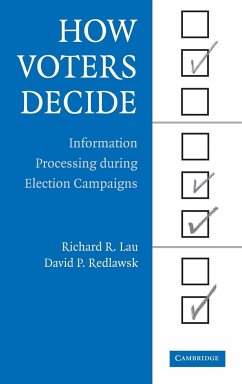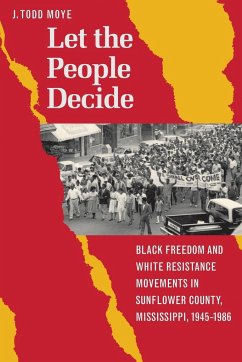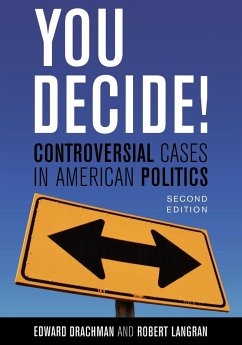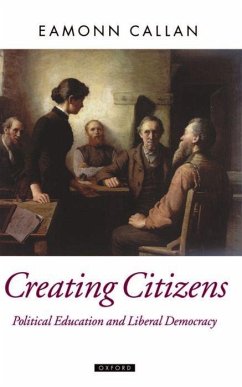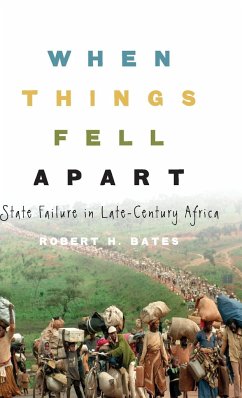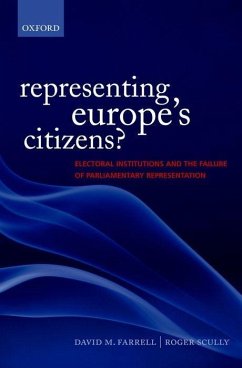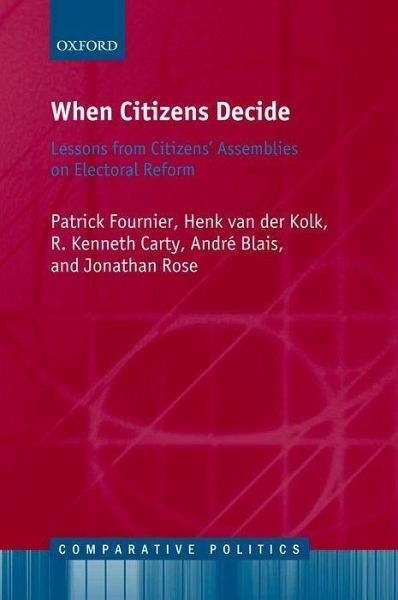
When Citizens Decide
Lessons from Citizen Assemblies on Electoral Reform
Versandkostenfrei!
Versandfertig in 1-2 Wochen
145,99 €
inkl. MwSt.

PAYBACK Punkte
73 °P sammeln!
Three unprecedented large-scale democratic experiments have taken place in which groups of randomly selected ordinary citizens were asked to independently design the next electoral system. The lessons drawn from the research are relevant for those interested in political participation, public opinion, deliberation, public policy, and democracy
Three unprecedented large-scale democratic experiments have recently taken place. Citizen assemblies on electoral reform were conducted in British Columbia, the Netherlands, and Ontario. Groups of randomly selected ordinary citizens were asked to independently design the next electoral system. In each case, the participants spent almost an entire year learning about electoral systems, consulting the public, deliberating, debating, and ultimately deciding what specific institution should be adopted.



